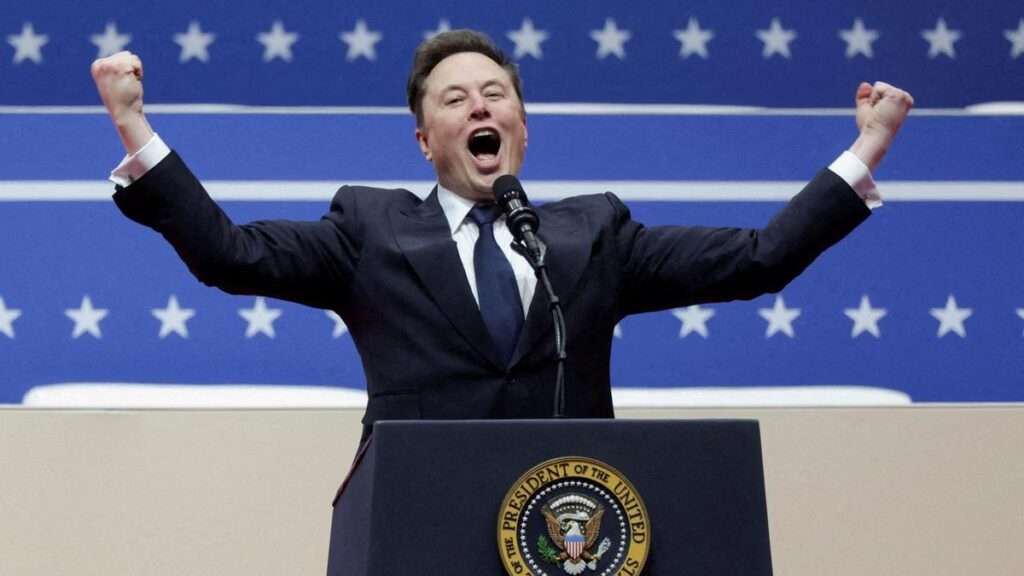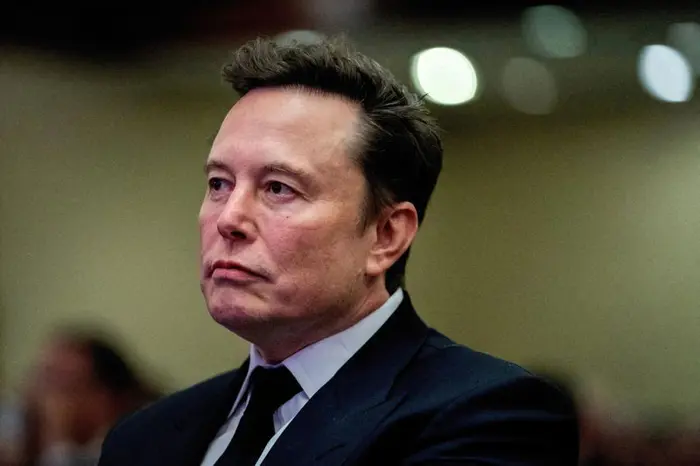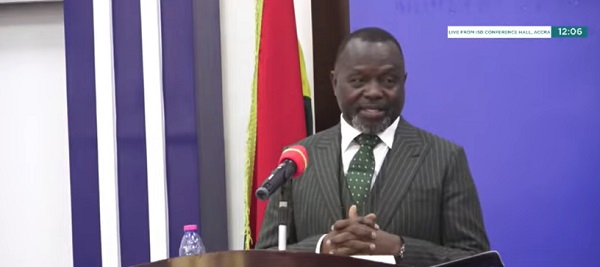Billionaire Elon Musk has renewed his criticisms of President Donald Trump’s signature budget bill, known as the One Big Beautiful Bill, calling into question its priorities and long-term impact.
In the lead-up to leaving his post in the Trump administration, Musk appeared in previews for a TV show denouncing the One Big Beautiful Bill. He described its provisions as contrary to the spirit of DOGE’s spending cuts.
Just days after leaving his post, Musk offered yet another broadside against the legislation in a series of social media posts.

“I’m sorry, but I just can’t stand it anymore. This massive, outrageous, pork-filled Congressional spending bill is a disgusting abomination.
“Shame on those who voted for it: you know you did wrong. You know it.”
Elon Musk
His subsequent posts laid out the reasoning for his opposition, suggesting that the spending and tax cuts proposed in the bill would balloon the US national debt. “It will massively increase the already gigantic budget deficit to $2.5 trillion (!!!) and burden America citizens with crushingly unsustainable debt,” Musk said in one post.
In another, he wrote, “Congress is making America bankrupt.”
The bill would extend tax cuts established in 2017, during Trump’s first term, and funnel more funds to his administration’s priorities, including $46.5bn for the construction of barriers at the US border with Mexico.

However, to accomplish those goals, critics have pointed out that the legislation would lift the cap on the national debt by $4 trillion. It would also limit access to social safety-net programmes like Medicaid and the Supplemental Nutrition Assistance Program (SNAP), known colloquially as food stamps.
The Congressional Budget Office, a nonpartisan bureau that provides research to Congress, estimates that the bill will result in a $698bn reduction in Medicaid subsidies and $267bn less in funding for SNAP.
Those trade-offs have spurred concern on both sides of the aisle, with Democrats and some Republicans expressing fears that their constituents may lose their access to vital government services.
In an early-morning vote on May 22, 2025, the House of Representatives narrowly passed the One Big Beautiful Bill by a tight vote of 215 to 214.
Republicans hold a 220-seat majority in the 435-member chamber, but several members were either absent or voted “present.”
Only two Republicans — Thomas Massie of Kentucky and Warren Davidson of Ohio — broke with party ranks to vote against the bill. The House’s 212 Democrats all voted against it as well, in a unified show of opposition.
That sent the bill to the Senate, where Republicans likewise hold a razor-thin majority. Senators are expected to weigh the bill in the coming days.
Musk’s Dissent Against Bill Supported

Following Musk’s criticisms of the One Big Beautiful Bill, Thomas Massie applauded the billionaire for his frank criticism.
Massie noted in a brief post, “He’s right,” to which Musk responded that his opposition was rooted in “simple math.”
Also, Senator Rand Paul of Kentucky voiced his support for Musk’s dissent against the bill on Tuesday.
“I agree with Elon. We have both seen the massive waste in government spending and we know another $5 trillion in debt is a huge mistake. We can and must do better.”
Rand Paul
Musk also called on voters to “fire all politicians who betrayed the American people” during the 2026 midterm elections — referencing what he considered wasteful spending.
Until last week, Musk had served as a special government employee in the second Trump administration, helping to lead the newly created Department of Government Efficiency (DOGE) since the President’s inauguration in January.
In that advisory role, Musk was tasked with identifying and eliminating “waste” in the federal bureaucracy.
His and DOGE’s efforts to slash the federal workforce, yank contracts and shutter government agencies, however, made them both a target for widespread criticism and lawsuits.
Opponents accused Musk of engaging in conflicts of interest, including by attacking watchdog groups like the Consumer Financial Protection Bureau.
READ ALSO: Cedi Gains Offer Lifeline to ECG Amid Sector Financial Crisis




















